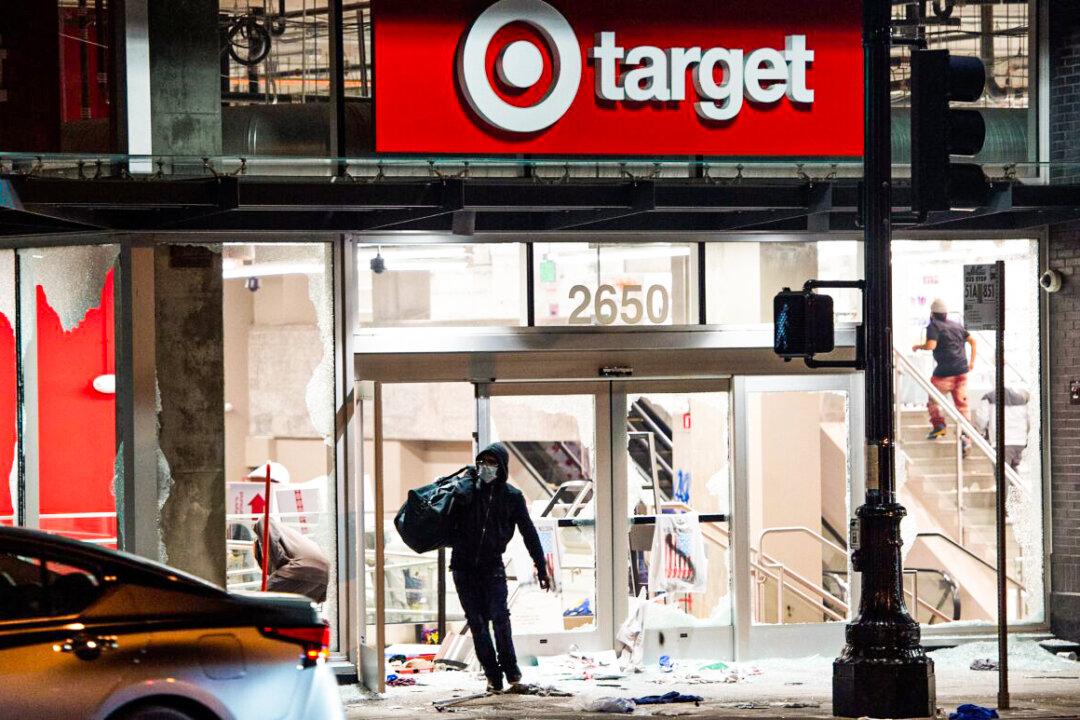Retailers in California are joining forces with online marketplaces and the state’s top law enforcement agency to stop the spread of retail theft in the state.
A statement (pdf)—signed by Attorney General Rob Bonta and a group of 12 retailers and online companies—released June 20 highlights the threats to public safety and the economy due to organized criminal activity, noting that theft has increasingly plagued California businesses in recent years.





